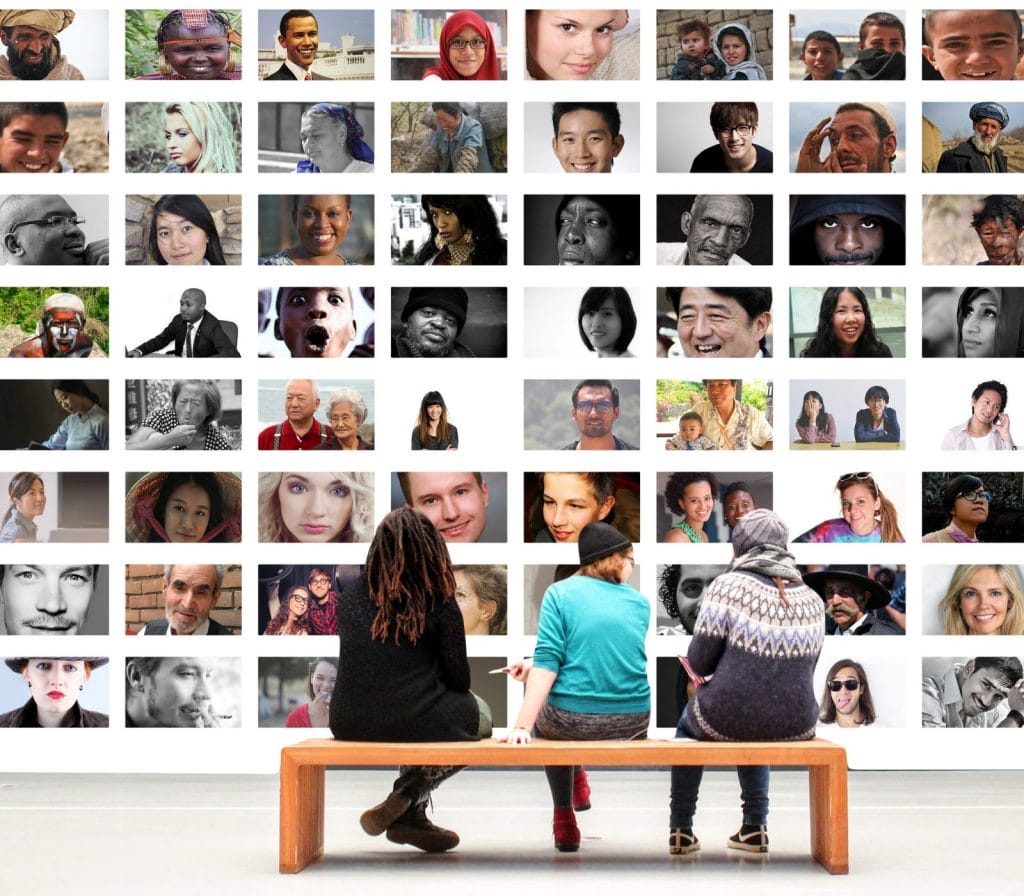The Social Dilemma and Vulnerability
” The Social Dilemma is a hybrid Documentary-Drama that explores the dangerous human impact of Social Networking and its implications on the social dynamics of our Contemporary Civilization.”
Conscious Documentaries – The Social Dilemma
By Alberto Adler
Vulnerable!
Paradoxical as it may seem, social networks are the ideal place to discuss The Social Dilemma. This documentary makes an appeal to the ethical issues surrounding these ubiquitous tools. I will not be trying to describe the film or the way it addresses such issues. It’s a movie, it speaks for itself. And it’s available on the most popular streaming platform out there. Even if you are not interested in the documentary (you may not like the genre), if you are reading this here, or on a social network, the questions it raises concern you.
The central issue may be that social networks are designed to addict the user. In Brazil, gambling is prohibited, under 18 years old cannot buy alcoholic beverages or cigarettes. But we let our kids have access to social media. And they are designed to create behavior similar to that of slot machine players. Anyone who has ever been to a casino knows that it becomes a compulsion. Among the underlying issues, the one that seems most urgent is the one that makes it possible to add users: the collection and ongoing processing of our data by the algorithms. Interactions, tastes, interests, location, schedules, agenda … absolutely everything they can capture, will capture. And computer systems will process all of this to show us content supposedly from our list of interests and, thus, keep us more connected. This invasion of privacy, in turn, raises other issues.
As the algorithms are developed to learn which subjects interest us most and which other points of the network (friends, pages, brands, etc.) we interact the most, to keep us connected, the networks deliver us more and more of the same, narrowing our relationship circles and the possibilities of coming up with something new. That is how they close us in the bubbles.
The bubbles, in turn, end up isolating us from divergent opinions. With this constant reinforcement of our views, we greatly reduced the exercise of the debate about ideas. And this is how opinions become beliefs. They will always be reinforced by the group since, in bubbles, everyone thinks very closely. Opinions are being fed back all the time.
Still concerning the bubbles. We are a gregarious species. We live in groups and seek acceptance from the group to which we belong, or to which we want to integrate. The bubbles follow the same logic as the physical groups. Except that acceptance/rejection comes massively and very quickly. And it makes a huge difference.
First, when a post receives a huge number of likes, we feel good (accepted, integrated). And as the feed algorithm prioritizes showing our contacts what is new, this feeling of reward generated by likes tends to come much faster than in the physical world. The tendency is to want to repeat the dose of well-being almost instantaneously, and we start making more posts – which in itself is a cause for concern since the substances released by the brain in these situations are addictive.
However, to this picture, we can add other problems, such as when a post receives a minimal number of likes. In these cases, the tendency is to feel rejected, which generates feelings of discouragement, abandonment, melancholy, and even depression. Not to mention the instances of bullying, which do instant damage, since it can reach thousands of people in minutes. Imagine when these situations happen to children and adolescents. The effects can be devastating.
All of these issues (and many more) are obviously linked to the social media monetization model: the more connected we are, the more information we give, the greater the chances of advertisers pushing their products and politicians pushing their ideas. . The great creation of the social networks is us.
Although media outlets have sold audiences – access to those who read, hear, or watch them – since the 19th century, there have never been supercomputers, Artificial Intelligence, and hyperconnectivity as there are today. We have access to networks almost anywhere. And the networks know where and with whom we are.
What the Social Networks sell is our profligate privacy to offer advertisers access to those who are most likely to be interested in their products and ideas (in the case of politicians) at times when these people are most susceptible. When you’re at the stadium and ads for your team’s shirts appear on your timeline … No, it’s not a coincidence. And to keep us receiving ads, techniques and technological resources are used to get us addicted (even using our own information).
The Social Dilemma is a film about Social vulnerability. This documentary from Jeff Orlowski explores how addiction and privacy breaches are features, not bugs, of social media platforms. The Documentary is available on Netflix.
Connect with The Social Dilemma at https://Netflix.com/thesocialdilemma
About the Author
Alberto Adler is a Brazilian Scholar, a Visionary. He is a Pos-Graduation Professor for the Estácio de Sá University of Propaganda and Marketing. He is also a Planning Strategist on Advertising. His substantial professional experience and expertise involve both focused and eclectic backgrounds. Adler is a writer, a well-known researcher, a strategic Communication Planner, an expert on Strategic Communications, and Market Intelligence. Adler is also a Business Mentor and a Leadership coach. Follow him on Facebook
OMTimes Magazine is one of the leading on-line content providers of positivity, wellness and personal empowerment. OMTimes Magazine - Co-Creating a More Conscious Reality






